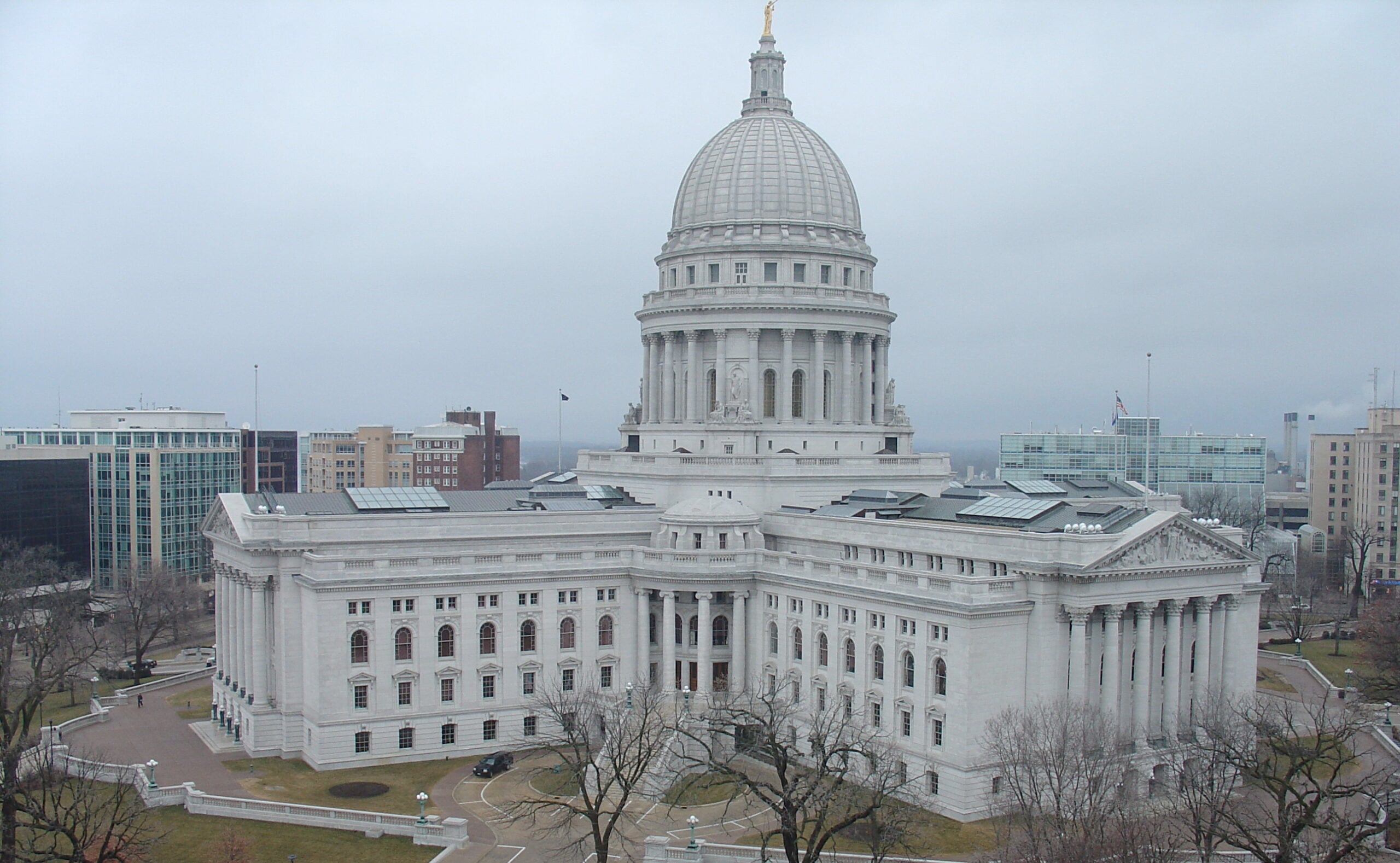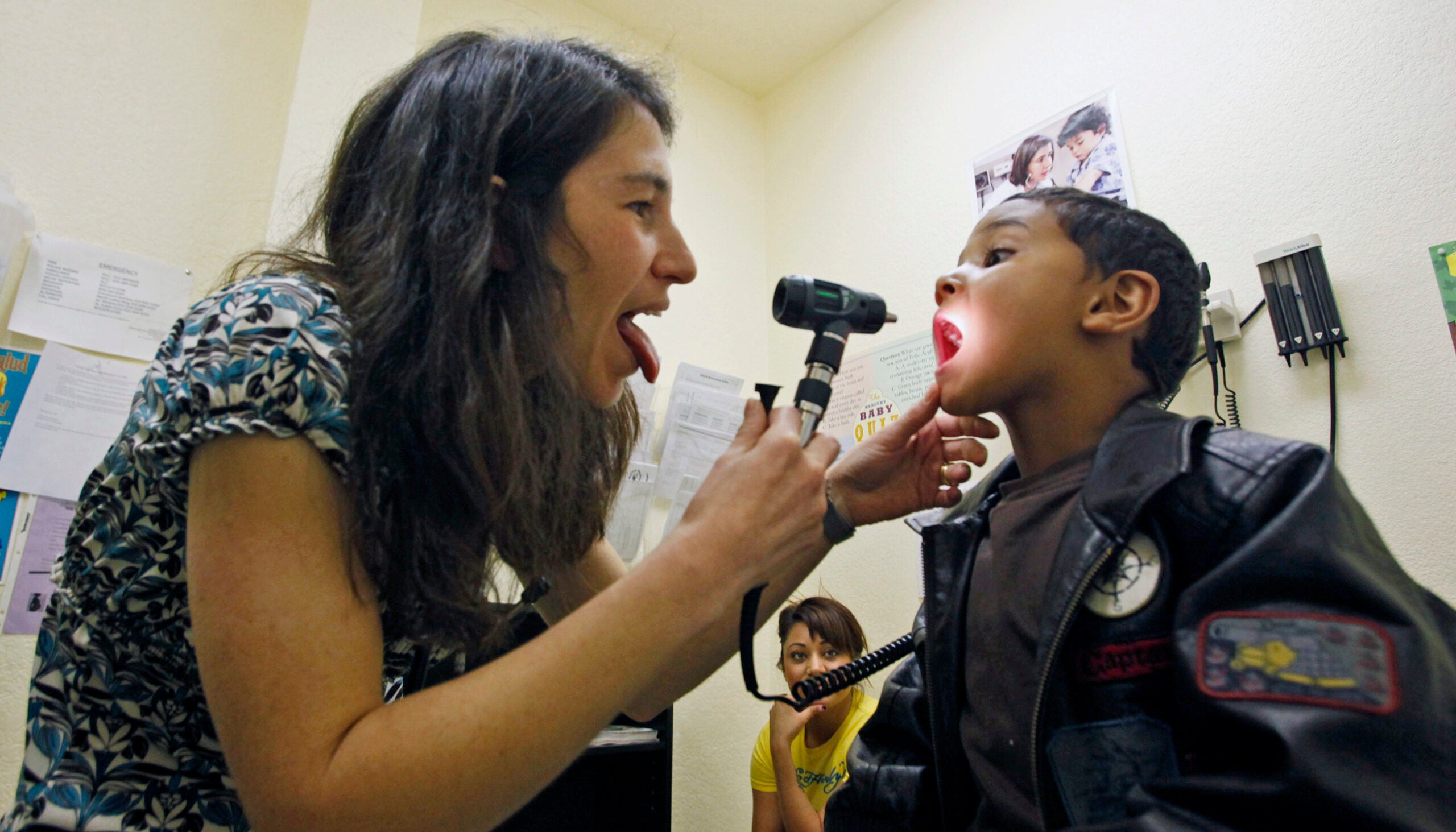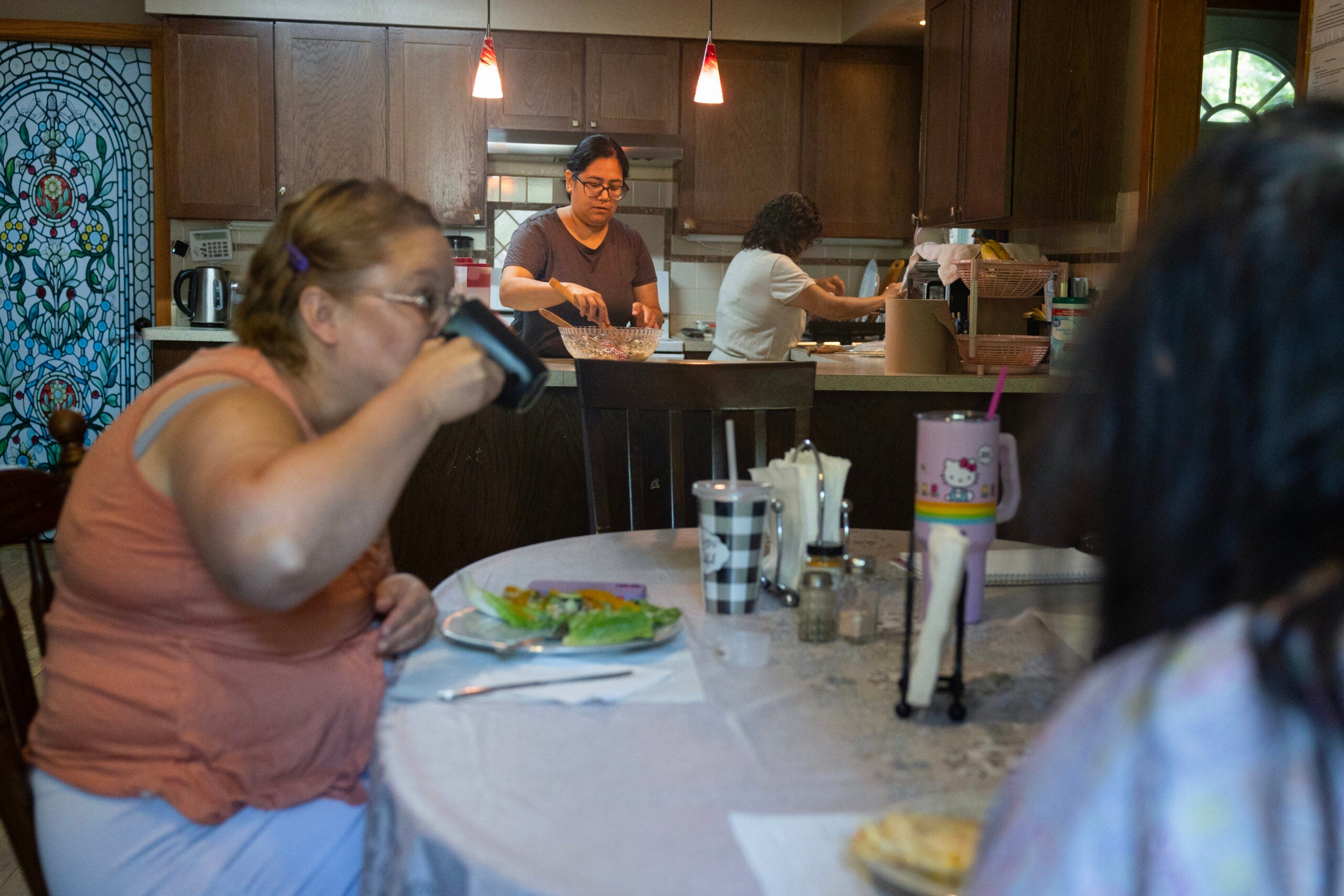Wisconsin hopes to change Medicaid in several ways. The Walker administration would like participants to undergo drug testing, charge smokers more and put time limits on how long people could use Medicaid.
At a capitol forum Wednesday put on by the Evidence-Based Health Policy Project, State Medicaid Director Michael Heifetz said Wisconsin would need a waiver from federal health officials to make the proposed changes. Heifetz noted Gov. Scott Walker’s entitlement reforms come as top Republicans in Washington, D.C. are pushing for states to get federal block grants they could spend as they wish on Medicaid.
“We don’t know where the block grant debate fits into that just yet. I’ve had people ask me, ‘Well, what do we do with that waiver once you get a block grant?’ and we don’t know the answer to that,” Heifetz said.
Stay informed on the latest news
Sign up for WPR’s email newsletter.
But a health economist said Wisconsin could still face hurdles.
Gail Wilensky said a Republican administration might be more receptive to the state’s waiver request. Wilensky, an economist from the international health foundation, Project HOPE, said the state will have to make sure its changes are budget neutral.
President-elect Donald Trump and House Speaker Paul Ryan, R-Wis., have called for changing how the federal government pays for Medicaid. Both favor giving states block grants that will limit spending but allow state’s more flexibility in running a program relied on by the poor, disabled and elderly. During Wednesday’s forum Wilensky said Republican governors in 31 states, including Wisconsin, will have a large role.
“I find it impossible to believe that a Republican Congress would convert Medicaid to a block grant program, as much as many would be inclined to, if there was strong Republican opposition from the governors and state legislatures,” Wilensky said.
Wilensky said capping Medicaid spending can be risky for states when the economy goes bad and more people need help.
Wisconsin Public Radio, © Copyright 2025, Board of Regents of the University of Wisconsin System and Wisconsin Educational Communications Board.







